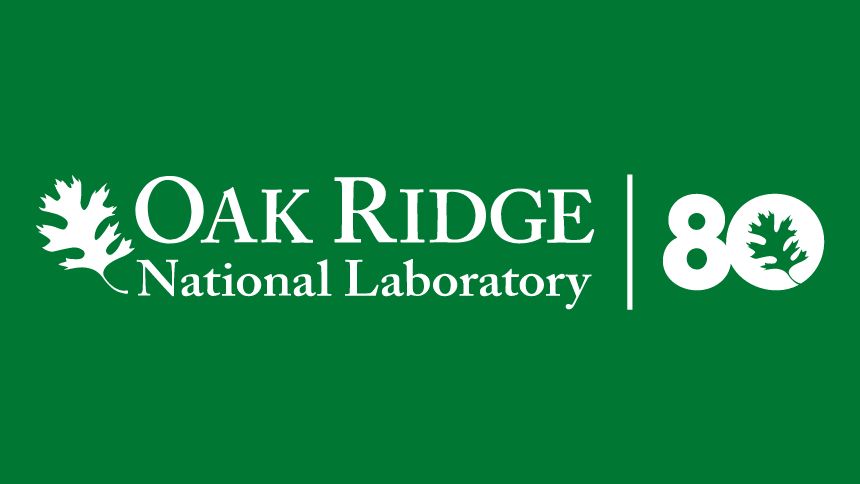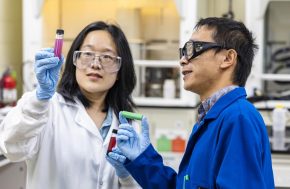
ORNL researchers develop new way to recycle lithium-ion batteries
The approach dissolves the battery in a liquid solution in order to reduce the amount of hazardous chemicals used in the process.
Used lithium-ion batteries from cell phones, laptops, and a growing number of electric vehicles are piling up, but options for recycling them remain limited mostly to burning or chemically dissolving shredded batteries. The current state-of-the-art methods can pose environmental challenges and be difficult to make economical at the industrial scale.
The conventional process recovers few of the battery materials and relies on caustic, inorganic acids and hazardous chemicals that may introduce impurities. It also requires complicated separation and precipitation to recover the critical metals. However, recovering metals such as cobalt and lithium could reduce both pollution and reliance on foreign sources and choked supply chains.
Researchers at Oak Ridge National Laboratory (ORNL) have improved on approaches that dissolve the battery in a liquid solution in order to reduce the amount of hazardous chemicals used in the process.
This simple, efficient and environmentally-friendly solution developed by ORNL researchers overcomes the main obstacles presented by previous approaches. The spent battery is soaked in a solution of organic citric acid – which occurs naturally in citrus fruits – dissolved in ethylene glycol, an antifreeze agent commonly used in consumer products like paint and makeup. Citric acid comes from sustainable sources and is much safer to handle than inorganic acids. This green solution produced a strikingly efficient separation and recovery process for the metals from the positively-charged electrode of the battery, called the cathode.
 “This is the first time one solution system has covered the functions of both leaching and recovery,” said lead researcher Lu Yu. “It was exciting to find that the cobalt would precipitate and settle out without further interference. We were not expecting that.”
“This is the first time one solution system has covered the functions of both leaching and recovery,” said lead researcher Lu Yu. “It was exciting to find that the cobalt would precipitate and settle out without further interference. We were not expecting that.”
To learn more about the work of Yu and Yaocai Bai, a member of the ORNL battery research team, click here.
Like what you've read?
Forward to a friend!

